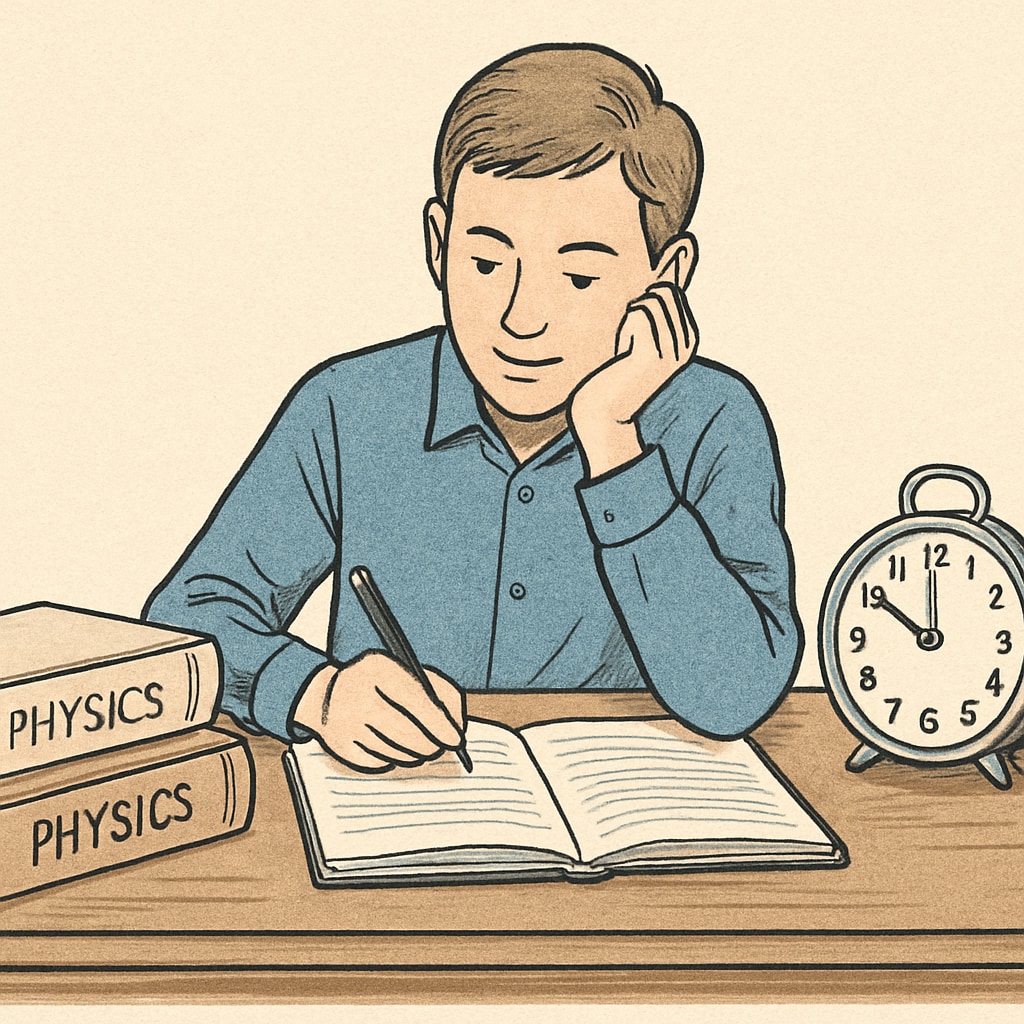Managing physics backlogs, time management, exam preparation can be daunting for K12 students, especially when juggling personal obligations and tight deadlines. However, with the right strategies, students can systematically tackle their backlogs and regain control over their academic progress. This article offers actionable tips to prioritize tasks, optimize study time, and maintain a healthy balance between school and personal life.
Understanding the Root Causes of Physics Backlogs
Before diving into solutions, it’s essential to identify why physics backlogs occur. Common reasons include poor time management, procrastination, lack of conceptual clarity, and competing priorities. For instance, physics often demands significant time to grasp theoretical concepts and solve complex problems, which can overwhelm students if left unaddressed. Recognizing these factors helps in crafting a tailored approach to clear backlogs effectively.

Time Management: Laying the Foundation for Success
Time management is a cornerstone of overcoming physics backlogs. Without a proper plan, the task can feel insurmountable. Here are some practical tips to get started:
- Create a Study Schedule: Break your backlog into manageable chunks and allocate specific time slots for each topic. Tools like Google Calendar or physical planners can help you stay organized.
- Prioritize Topics: Focus on high-priority areas, such as upcoming tests or foundational concepts that affect other topics.
- Use the Pomodoro Technique: Study in focused intervals (e.g., 25 minutes) followed by a 5-minute break to maintain concentration and avoid burnout.
By adhering to these strategies, students can make steady progress while avoiding the trap of cramming.
Exam Preparation: Turning Knowledge into Results
Preparing for exams while dealing with backlogs requires a dual approach: learning new material and revising older concepts. Below are some tips to strike the right balance:
- Leverage Active Recall: Instead of passively reading notes, test yourself on key concepts to reinforce memory.
- Practice Problem Solving: Physics often involves applying theoretical knowledge to practical problems. Websites like Khan Academy provide excellent practice resources.
- Simulate Exam Conditions: Take timed practice tests to build confidence and improve time management during the actual exam.
Exam preparation is not just about hard work but also about working smart. Prioritize quality over quantity to maximize your understanding of critical topics.

Balancing Personal Obligations with Academic Goals
For many students, personal responsibilities such as extracurricular activities, family commitments, or part-time jobs add another layer of complexity. Here’s how to balance these effectively:
- Set Realistic Goals: Understand your limitations and set achievable targets for each week.
- Communicate with Stakeholders: Inform teachers, family members, or employers about your workload to gain their support and flexibility.
- Practice Self-Care: Ensure you get enough sleep, eat well, and take short breaks to recharge your energy.
Balancing personal and academic responsibilities requires discipline and open communication. By doing so, students can maintain their well-being while achieving their academic targets.
Final Thoughts: A Roadmap to Academic Success
Clearing physics backlogs while managing time and preparing for exams may seem challenging, but it’s entirely achievable with the right mindset and strategies. By understanding the root causes, mastering time management, adopting efficient exam preparation techniques, and balancing personal responsibilities, students can regain control of their academic journey. Remember, persistence is key—every small step brings you closer to success.
For additional resources on physics concepts, visit Physics on Wikipedia. Stay motivated, stay focused, and take charge of your learning!


